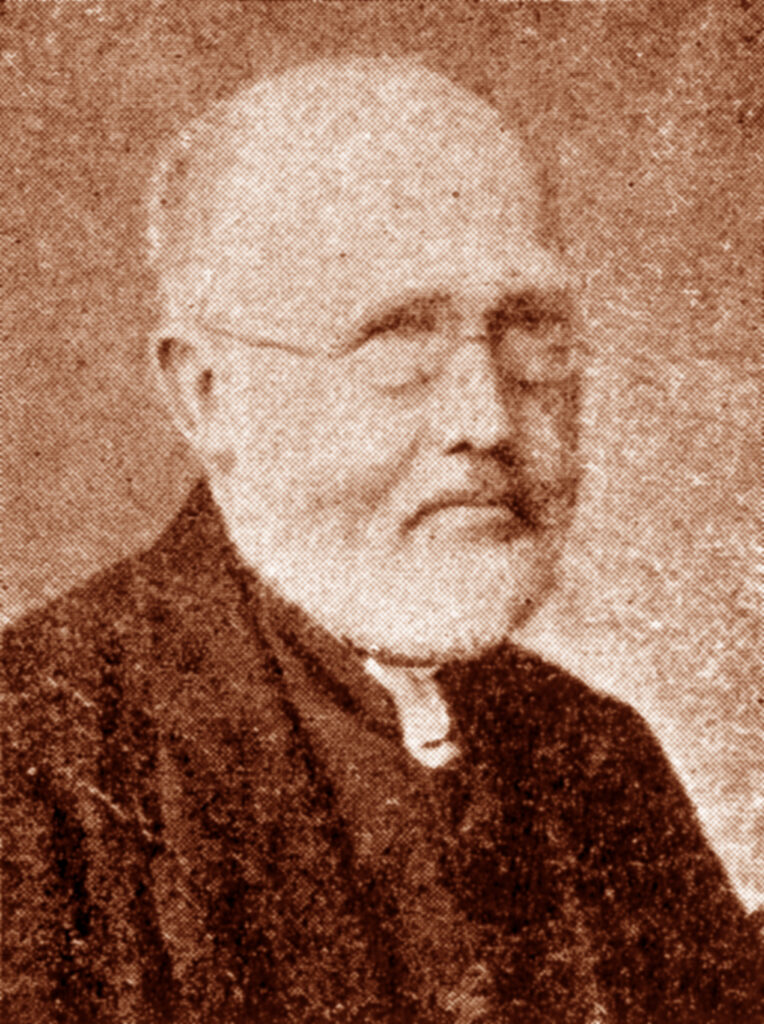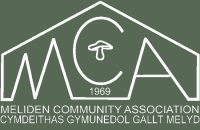Meliden People 1832 to 1877
Mr Edward Parry talks about some Notable People
‘Most people living in the cottages and farms around Meliden are tenants of Lord Mostyn who is the largest landowner although there are other landowners, notably the Bishop of St. Asaph and the Dawsons. Lord Mostyn does not live in the village and I have never seen him but he is always in the newspapers. Many years ago he inherited estates from his uncle and they made him a Lord. Before that, he was a Member of Parliament and the High Sheriff of Merionethshire, High Sheriff of Caernarvonshire and is at present the Lord Lieutenant of Merionethshire. He leases land to the Talargoch Mining Company and in return receives a royalty of 2/6d for every ton of ore sold.
Reverend Edward Hughes
‘Another important man is the Reverend Hughes, the Vicar of Meliden. He came here from Holywell in 1844 and it was not until eight years later that they built him a house. Even though there is church land opposite the Miner’s Arms, [where the Community Centre is] they decided to build it down the hill by Cefn y Gwrych which is hardly convenient for him. He used to be the Perpetual Curate of Meliden and his house was called Parsonage House but in 1868 his title changed to Vicar and his house became The Vicarage. His church is ruinous these days. Outside is coated with flaking lime-plaster and the roof is leaking. Inside is dark and damp with box-pews which are so tall that people have to strain to see over them and sometimes the children are very naughty. The west gallery is unsafe and because the old-fashioned three-decker pulpit is half-way down the left side, half of the congregation is facing the wrong way. The graveyard is now so full that the level of the ground has reached the bottom of the windows and the Vicar doesn’t even have a vestry.
‘The Vicar once showed me a copy of long report that he was commanded to write to the Bishop during the Great Miners’ Strike of 1856. It was difficult because the Bishop, being a landowner, was loosing money and must have found it difficult to look upon the miners with any feeling of kindness. With great care, the Vicar explained the reasons for the strike and never once condemned the men for their actions. Quantities of food and coal arrived on the doorsteps of the most needy—even chapel-goers but the benefactor remained anonymous. I know that was the Vicar’s doing because I made the arrangements on his behalf. The only criticism I have ever heard from the Reverend Edward Hughes of his parishioners is that they do not plan for a rainy day and of making enough hay during the sunshine. Most of the villagers attend the two chapels they think that he is wonderful.
Mrs. Jones

